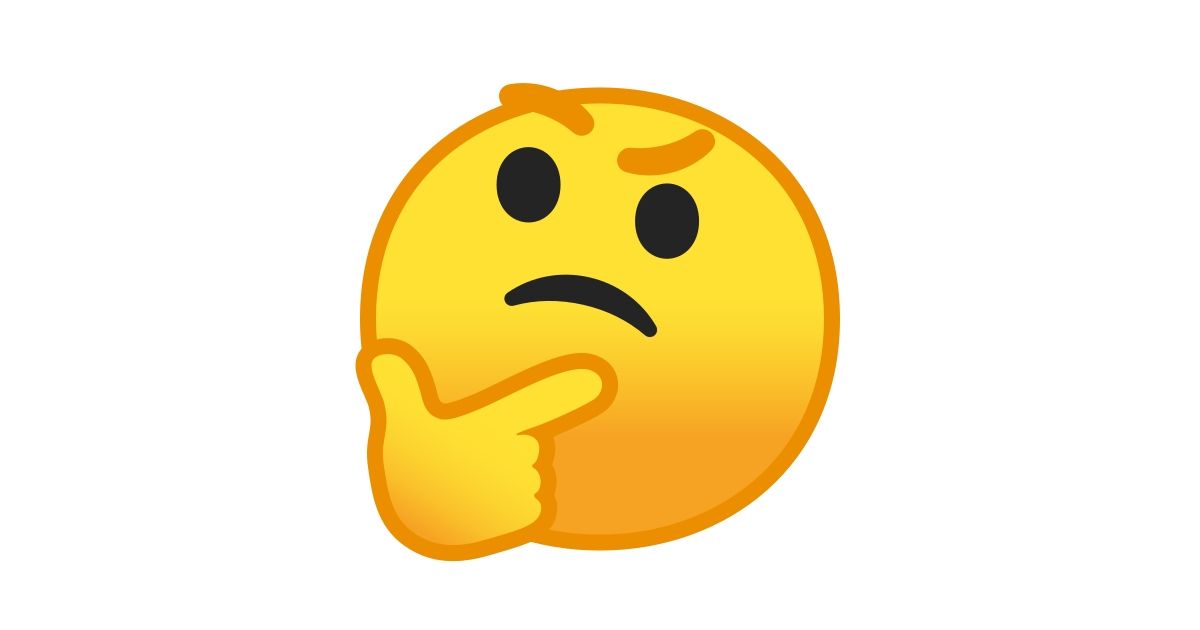An integral component to selling the threat of exponential growth and asymptomatic spread is the notion of a novel coronavirus. This idea was put forward such that because this allegedly newly discovered coronavirus is novel, everyone is at risk.
To the casual layman, this idea may appear to have some merit. However, it turns out that science and history actually show just the opposite. Read on to find out why.
Nature published a study in July 2020 that showed people with past exposure to coronaviruses not only remained immune 17 years later, but that T cell reactivity also extends to this coronavirus:
patients who recovered from SARS possess long-lasting memory T cells that are reactive to SARS-CoV 17 years after the outbreak; these T cells displayed robust cross-reactivity to SARS-CoV-2
In other words, the allegedly novel coronavirus is so similar to past coronaviruses that your immune system recognizes it. More evidence of this is found in a June 2020 study published in Cell:
Importantly, we detected SARS-CoV-2-reactive T cells in ∼40%–60% of unexposed individuals, suggesting cross-reactive T cell recognition between circulating “common cold” coronaviruses and SARS-CoV-2
More recently in March 2021, JCI Insight published a study showing most uninfected people already have SARS-CoV-2 reactive antibodies due to exposure of circulating coronaviruses:
more than 90% of uninfected adults showed antibody reactivity against SARS-CoV-2. This was evenly distributed across age and sex, correlated with circulating coronaviruses reactivity
It may surprise you to learn that what these studies have shown above is actually not unexpected. This subject has been studied before - a 2008 study published in Nature showed immunity from the 1918 Spanish Flu up to 90 years later:
showed seroreactivity with the 1918 virus, nearly 90 years after the pandemic. Seven of the eight donor samples tested had circulating B cells that secreted antibodies that bound the 1918 HA. We isolated B cells from subjects and generated five monoclonal antibodies that showed potent neutralizing activity against 1918 virus from three separate donors. These antibodies also cross-reacted with the genetically similar HA of a 1930 swine H1N1 influenza strain
We hope this helps illustrate how the alleged novelty of this particular coronavirus has been dramatically overstated.
